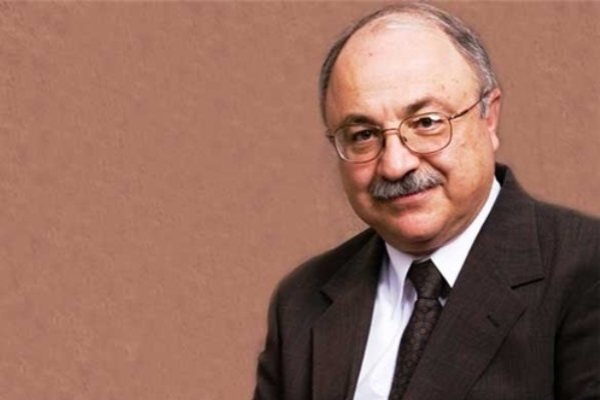Continuation PGCC crisis will increase Turkish footprint in Qatar: Entessar

TEHRAN - Nader Entessar, Professor Emeritus of Political Science from university of South Alabama says that Turkey's military base in Qatar allows Ankara to project power in the Persian Gulf while maintaining close ties to Doha.
He adds that “In addition to enabling Turkey to enhance its military presence in the Persian Gulf, the Turkish base in Qatar also sends an indirect message to Saudi Arabia that Ankara will remain by Doha's side while at the same time seeks to act as an intermediary to resolve regional crises.”
Entessar says “If the current PGCC crisis continues unabated, Turkey will likely seek to increase its footprint in Doha.”
Following is the full text of the interview:
Q: The Persian Gulf Cooperation Council's (PGCC) annual summit was held in Riyadh while the Qatari emir and the Sultan of Oman refrained from joining. What are the reasons behind this refusal?
A: In recent years, the traditional annual meetings of the PGCC states have become a platform for Saudi Arabia to strengthen its hegemony over the other member states and to align the foreign policy of the PGCC states with that of Riyadh. The Saudi-engineered forced harmony in the PGCC began to show cracks with the organization's first major crisis in 2014. The PGCC had to cut its last year's meeting in Kuwait short, partly as a result of the military partnership between Saudi Arabia and the UAE outside the PGCC parameters. Given the ongoing blockade of Qatar by three members of the PGCC, namely Saudi Arabia, the UAE and Bahrain, it was not surprising that Qatar's Emir Sheikh Tamim bin Hamad Al-Thani did not attend this year's PGCC meeting in Riyadh. However, Qatar did send a delegation headed by the country's Minister of State for Foreign Affairs Sultan bin Saad Al-Muraikhi to represent Doha in the 39th PGCC summit. Oman's ruler Sultan Qaboos bin Said also did not attend the PGCC meeting in Riyadh but instead sent a delegation headed by the country's Deputy Prime Minister for the Council of Ministers. Sultan Qaboos's absence at the PGCC summit may have been related to both his health issues and Oman's desire to stay clear of entanglement in the deepening regional crises precipitated by Saudi Arabia's war in Yemen and Mohammad bin Salman's adventurist foreign policy.
Q: Qatar left OPEC and according to some reports, it might break-up with PGCC. Do you think that Qatar will leave the PGCC?
A: Qatar's announcement about its intention to leave OPEC was a political message to Saudi Arabia and its aggressive moves to transform OPEC into a tool of Riyadh's broader foreign and economic policy goals. When the PGCC was formed in 1981, its stated objective was to enhance political, economic, security and cultural cooperation among its member states. However, the PGCC has now become a vehicle for Riyadh to buttress its role as a regional hegemon. Therefore, if the current trends continue, it is not beyond the realm of possibility for Qatar to leave the PGCC. However, we need to be cognizant of the fact that both the United States and Europe will do their utmost to maintain the PGCC's unity because they see the organization as a regional vehicle to confront Iran in the Persian Gulf.
Q: The PGCC failed to find a purely internal collective solution to the Qatar crisis. With regard to this failure, how do you see the future of PGCC?
A: Notwithstanding its lofty goals, the PGCC has largely been an ineffective body that has failed to foster meaningful ties among its member states. The organization's weakness has been amplified with Qatar's blockade by the Saudi-UAE-led group. Although the PGCC may continue to exist on paper for some time to come, the recent crises have definitely undermined its viability as a collective security and socioeconomic organization.
Q: In case of Qatar's exit from PGCC, is there any possibility of a new alliance between Qatar and Turkey?
A: Turkey and Qatar have developed close security relations with each other in the past few years. Turkey's military base in Qatar allows Ankara to project power in the Persian Gulf while maintaining close ties to Doha. In addition to enabling Turkey to enhance its military presence in the Persian Gulf, the Turkish base in Qatar also sends an indirect message to Saudi Arabia that Ankara will remain by Doha's side while at the same time seeks to act as an intermediary to resolve regional crises. If the current PGCC crisis continues unabated, Turkey will likely seek to increase its footprint in Doha.
